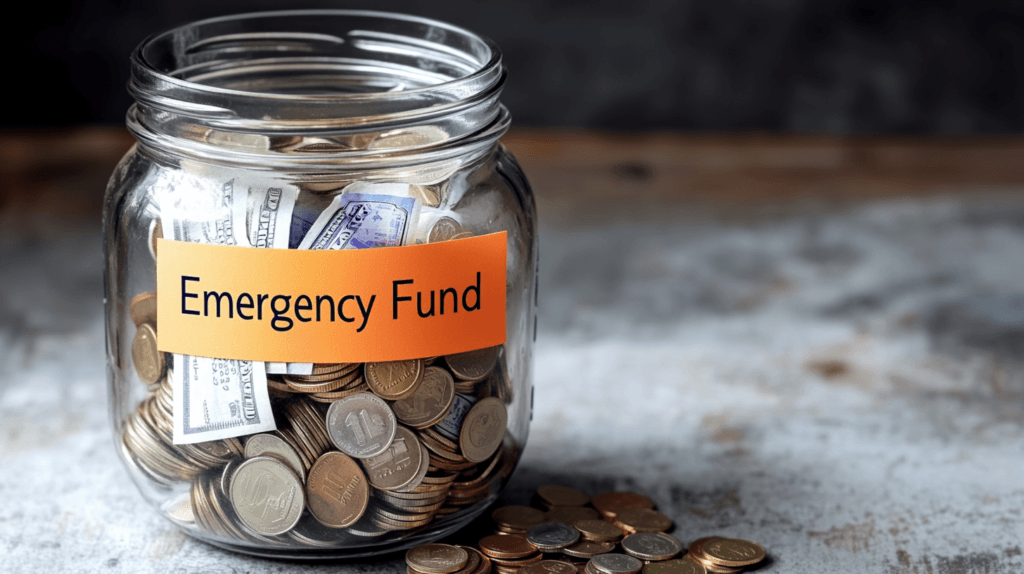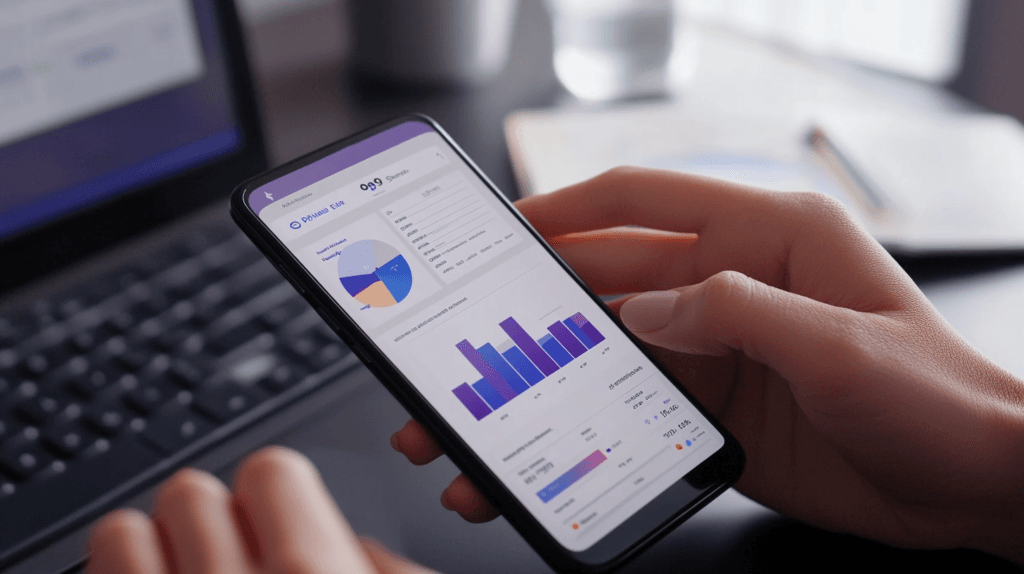The Power of Budgeting: How to Take Control of Your Finances
Budgeting is one of the most powerful tools you can use to take control of your financial life. Whether you’re trying to save for a big purchase, pay off debt, or just manage your day-to-day expenses better, creating and sticking to a budget is key to achieving your financial goals. In this article, we will explore the power of budgeting, its benefits, and how to create an effective budget that fits your lifestyle. You’ll learn how to make informed financial decisions, track your spending, and create a secure financial future.
Why Budgeting Is Important
Budgeting is more than just tracking expenses—it’s about creating a plan for your money and using it as a tool to achieve your goals. Here are a few reasons why budgeting is important:
- Helps You Control Your Spending: Without a budget, it’s easy to spend money without realizing how much you’ve used up. A budget helps you see where your money is going and ensures that you’re spending within your limits.
- Enables Savings and Investments: Budgeting helps you set aside money for savings and investments, allowing you to grow your wealth and work toward long-term goals like buying a home or retiring comfortably.
- Reduces Financial Stress: With a budget, you know exactly where your money is going, which can help alleviate anxiety about bills and unexpected expenses.
- Encourages Smart Financial Decisions: When you create a budget, you become more mindful of your spending habits and are more likely to make informed financial decisions.

Benefits of Budgeting
1. Achieve Financial Goals
One of the main benefits of budgeting is that it helps you achieve your financial goals. Whether you’re saving for a vacation, paying off credit card debt, or building an emergency fund, a budget allows you to set specific, measurable goals and allocate your resources accordingly.
- Short-Term Goals: These could include saving for a holiday or buying new furniture.
- Long-Term Goals: This may include buying a home, funding a child’s education, or saving for retirement.
2. Build an Emergency Fund
An emergency fund is a crucial part of financial security, providing you with a safety net for unexpected expenses such as medical bills, car repairs, or job loss. A budget helps you allocate a portion of your income towards an emergency fund, so you’re prepared for life’s surprises.
3. Reduce Debt
If you’re struggling with debt, budgeting can be a powerful tool to help you regain control. By setting limits on your spending and allocating extra funds towards paying off debts, you can create a clear path to becoming debt-free.
4. Increase Savings and Investments
Budgeting allows you to make saving and investing a priority. By setting aside money each month, you can grow your savings and invest in assets that will help you achieve financial freedom over time.

How to Create an Effective Budget
Creating a budget may seem overwhelming at first, but breaking it down into steps can make the process much easier. Here’s how you can create an effective budget:
1. Track Your Income and Expenses
The first step in creating a budget is to track your income and expenses. Start by noting all sources of income, including salary, freelance work, and side gigs. Then, categorize your expenses—fixed expenses like rent or mortgage payments, and variable expenses like groceries and entertainment.
Tools for Tracking:
- Budgeting Apps: Use apps like Mint, YNAB (You Need a Budget), or PocketGuard to track your spending automatically.
- Spreadsheets: Create a spreadsheet to manually input your income and expenses.

2. Categorize Your Spending
Categorize your spending into different categories such as housing, utilities, transportation, groceries, entertainment, and savings. This will help you see exactly where your money is going and identify areas where you may be overspending.
3. Set Spending Limits
Once you’ve categorized your spending, set limits for each category based on your financial goals. For example, allocate a specific amount for entertainment, dining out, or shopping. These spending limits will help you control your expenses and ensure that you’re staying on track with your financial goals.
4. Pay Yourself First
One of the best budgeting strategies is to “pay yourself first.” This means setting aside money for savings and investments before paying for other expenses. Treat savings as a non-negotiable expense to ensure that you’re always working towards your financial goals.
5. Adjust as Needed
Your budget isn’t set in stone. Review it regularly—monthly or bi-weekly—and make adjustments as needed. Life changes, and so do your financial circumstances. Adjusting your budget helps you stay aligned with your goals.
Different Types of Budgeting Methods
There are several budgeting methods you can use depending on your financial situation and preferences:
1. 50/30/20 Rule
This is a popular and simple budgeting method that divides your income into three categories:
- 50% for Needs: Essential expenses such as housing, utilities, groceries, and transportation.
- 30% for Wants: Non-essential expenses like dining out, entertainment, and hobbies.
- 20% for Savings and Debt Repayment: Allocate 20% of your income to savings, investments, and debt payments.
2. Zero-Based Budgeting
Zero-based budgeting involves allocating every dollar of your income to a specific category until you reach zero. This means that every dollar has a purpose, whether it’s for savings, expenses, or debt repayment. It’s a great way to ensure that your money is working for you.
3. Envelope System
The envelope system involves using physical envelopes to allocate cash for different spending categories. Once an envelope is empty, you can’t spend any more in that category for the month. While this method may seem old-fashioned, it’s highly effective for people who struggle with overspending.
Tips for Sticking to Your Budget
1. Set Realistic Goals
Setting unrealistic goals can lead to frustration and make you more likely to abandon your budget. Be realistic about your income, expenses, and what you can achieve within a specific timeframe.
2. Use Cash for Discretionary Spending
If you tend to overspend on non-essential items, consider using cash for discretionary spending. This way, you have a tangible limit, and once the cash is gone, you know it’s time to stop spending.
3. Reward Yourself
Sticking to a budget can be challenging, so it’s important to reward yourself for achieving your financial goals. Set milestones, such as reaching a savings goal, and celebrate by treating yourself to something small. This helps keep you motivated to stick to your budget.
Common Budgeting Mistakes and How to Avoid Them
1. Not Accounting for Irregular Expenses
Many people forget to budget for irregular expenses, such as car repairs, holidays, or medical bills. To avoid this, create a sinking fund—set aside a small amount each month to cover these unpredictable costs.
2. Being Too Restrictive
A budget that is too restrictive can lead to burnout and cause you to abandon your plan. Allow yourself some flexibility and allocate funds for the things you enjoy. A sustainable budget balances both needs and wants.
3. Failing to Track Your Spending
Failing to track your spending is one of the most common budgeting mistakes. Regularly reviewing your expenses is crucial to understanding where your money is going and ensuring you’re staying on track with your budget.

Budgeting Tools and Resources
There are several tools and resources available to help you create and stick to a budget:
- Mint: A free app that helps you track your spending, categorize expenses, and set financial goals.
- YNAB (You Need a Budget): A popular budgeting app that follows a zero-based budgeting approach, helping you allocate every dollar of your income.
- Spreadsheets: Use a budgeting template on Google Sheets or Excel to manually track your income and expenses.
- Bank Alerts: Set up alerts to notify you of large transactions or low account balances. This helps you stay informed and avoid overdraft fees.
The Psychological Benefits of Budgeting
Budgeting isn’t just about numbers—it’s also about improving your mental well-being. Here are some of the psychological benefits of budgeting:
1. Reduced Stress and Anxiety
Financial uncertainty is one of the leading causes of stress. By having a budget, you gain clarity over your finances, which can help reduce anxiety about bills and unexpected expenses. Knowing that you have a plan in place gives you peace of mind.
2. Sense of Control
A budget provides a sense of control over your financial situation. It helps you take charge of your spending habits and ensures that you are making decisions that align with your financial goals. This feeling of control can contribute to a greater sense of empowerment.
3. Better Financial Habits
Budgeting helps instill positive financial habits, such as saving regularly and avoiding impulsive purchases. Over time, these habits become second nature, making it easier to achieve financial stability and independence.

Conclusion
Budgeting is an essential tool for taking control of your finances, achieving your goals, and reducing financial stress. By understanding the importance of budgeting, setting realistic goals, and using effective budgeting methods, you can create a plan that works for your lifestyle. Remember, budgeting is not about restricting yourself—it’s about empowering yourself to make informed financial decisions that lead to a secure and fulfilling future.
Start small, track your income and expenses, and adjust as needed. With consistency and dedication, you can harness the power of budgeting to create the financial life you’ve always wanted.




No Comment! Be the first one.